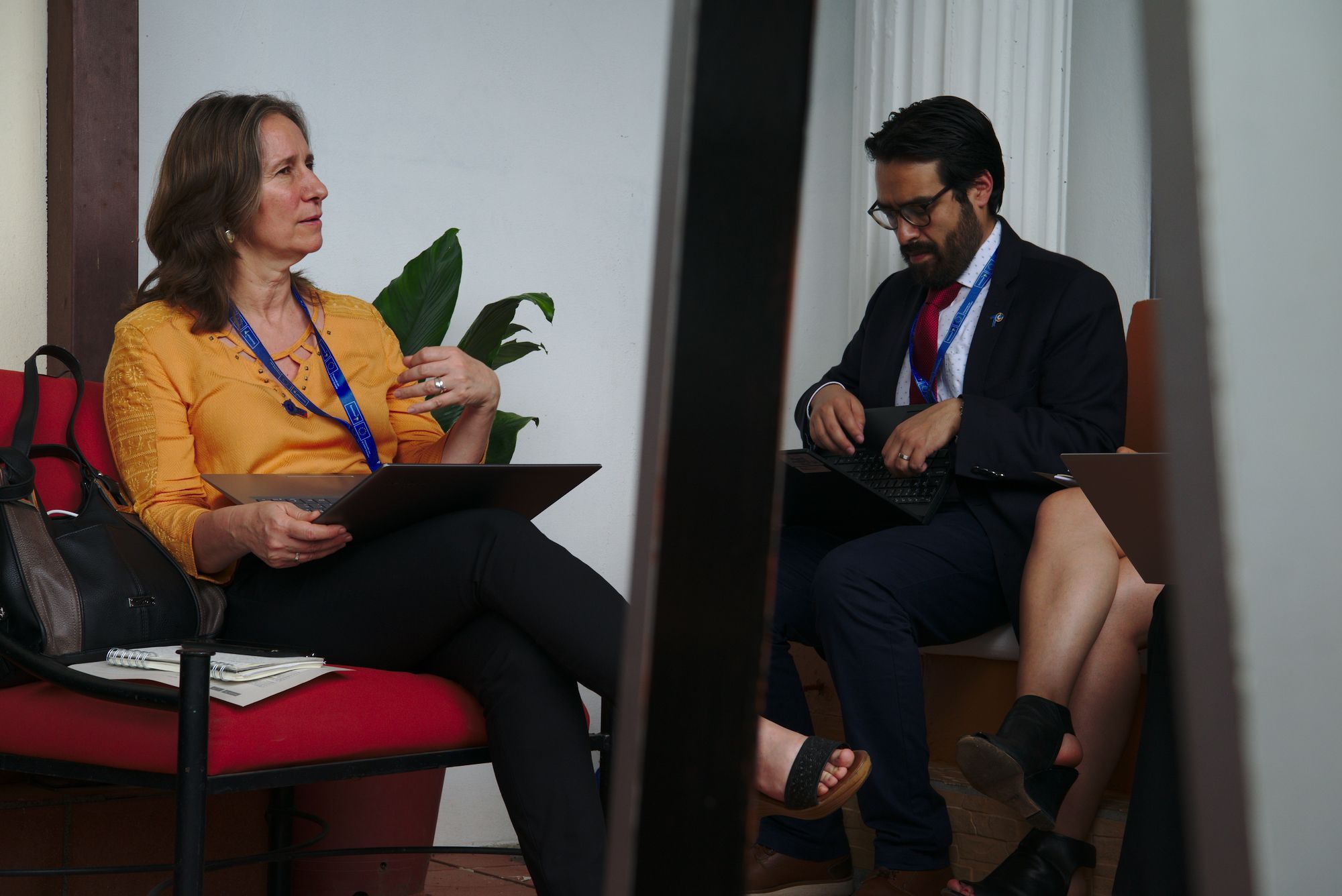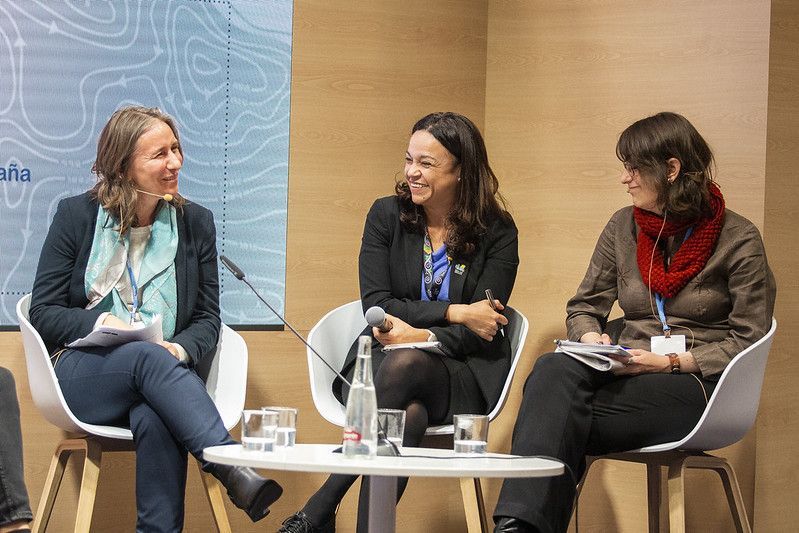Maritza Jadrijevic, Chilean Ministry of Environment: "Chile's draft Climate Change Law is currently being discussed in the National Congress"
Below, we leave you with an excerpt from an interview with Maritza Jadrijevic, Coordinator of the Climate Change Adaptation and Capacity Building Area, Chilean Ministry of Environment.
How has the process to draft Chile's Climate Change Law been going?
The law process began in July 2018, with a high-level launch. The President of the Republic announced that this work would be initiated, and that citizen dialogue would be very important.
Since then, very intense work was developed, calling the different actors to take part from the beginning of the process to formulate the law with the first ideas. Before having a draft or specific ideas, a dialogue was held in each one of the regions: with citizens and with political authorities at different levels.
With these dialogues we build a preliminary project and then we subject it to public consultation, which is a formal process that takes some time. There is a whole process to record the observations that are then systematised and incorporated into the final project to the extent possible. The responses to all the observations received, whether they were incorporated or not, are published on the Ministry of the Environment’s website.
So, it has been a very interesting process, in which citizens have really been able to contribute a lot, with very good ideas and expressing the priorities that they think should be in a climate change law.
After the analysis of the observations from the public consultation, a bill was drafted, which was approved by the Council of Ministers for Sustainability and it is now before the National Congress for discussion.
What has been the reception of this consultation process among citizens? What opinions have you received about how it has developed and its importance in terms of having a law built with the participation of the citizenry?

This is a framework law that mainly aims to define the institutional framework, how it is going to work, who will be the persons responsible, and which instruments are going to be used for the management of Climate Change, for example: whether we are going to have sectoral or regional plans, whether we are going to have a long-term strategy, among others. That is what the law intends, and the citizens put a lot of emphasis on decentralisation, that management can also be done at the regional and local levels. And the draft law incorporates the regional climate change committees as a decision-making body at the regional level, in which the municipalities are also represented.
On the other hand, there was also a great concern about the water issue in all parts of the country, due to the long and intense drought problem we have had. They wanted the law to be able to give an answer in some way to securing the water resource, at least for human consumption and the main activities of the country. Therefore the law also includes the issue of water.
Therefore, the citizens' demands have been taken up to a significant extent.
How have you seen that this process of drafting a law serves to address the problem of Climate Change?
In fact, this whole process of early dialogue, followed by formal dialogue in the public consultation, specifically allowed us to raise awareness. And the people were very grateful for that, they said "we wanted to know about climate change". It has been a good process, because not only were we going to talk about the law, we were also going to install the topic first with an introduction and with a discussion that allowed them to understand the problem and how it touched them. This was very important from the point of view of disseminating the issue of climate change, raising awareness, ...and people became very interested in the problem and in the possibility of participating in the solution.
At the political level, why did the Chilean Ministry of the Environment decide to draft this law, and what references or strategies from other contexts have inspired it?

We started working on the law because we had made a lot of progress on climate change, but in a somewhat "voluntary" way, which depended a lot on the political will of the authorities in power, at national, regional or sectoral levels. Even when we had made a lot of progress, we saw the need to formalise all this, to avoid suffering setbacks due to political changes, or for various reasons. At that time, the law established an institutional framework and a way of working which was already underway, by establishing this and improving it with the law.
How has international cooperation supported this law-making process?
During the formulation process we had very strong support from EUROCLIMA+, through FIIAPP, especially in the citizen participation phase: they supported us a lot in the early dialogues, as well as during the public consultation; they also allowed us to have exchanges with other countries, something also very important because we needed to know a little bit about the experience of other countries that had worked on climate change laws. On this EUROCLIMA+ platform there was already the possibility of having exchanges with these countries, and it was very useful to be able to know these realities, and to be able to think how to integrate these experiences into the process that we were living in Chile.
More information about the action: Drafting a climate change law for Chile: Incorporation of Sub-national Governance
